
China’s Expansive Anti-Corruption Drive Targets Military Officials Amid Political Speculations
China is intensifying its anti-corruption campaign, with a rising number of senior military officials being ousted, casting a shadow over the upcoming Two Sessions — the nation’s largest political event set to commence on March 4. Over a dozen high-ranking military figures are set to miss the crucial political gathering due to the ongoing purge.
The latest high-profile figure to fall under scrutiny is Tan Ruisong, former chairman of the state-owned Aviation Industry Corporation of China (AVIC), one of the world’s largest defense contractors listed on Fortune’s Global 500. The Central Commission for Discipline Inspection (CCDI) accused Tan of accepting massive bribes and exploiting the military sector for personal gain. Neither Tan nor AVIC has publicly responded to the allegations.
Experts suggest that the anti-corruption drive is less about curbing graft and more about consolidating President Xi Jinping’s control over the People’s Liberation Army (PLA). More than 14 senior military officials have been penalized in the past two years alone, with Xi making it clear that only those loyal to the Communist Party would be allowed to wield military power.
Among the most notable figures removed are General Li Yuchao, head of the PLA’s Rocket Force — which oversees China’s missile systems — along with his deputy. This wave of disciplinary actions has swept through the military hierarchy, targeting four generals, eight lieutenant generals, and two major generals. At least three aerospace defense executives have also been expelled from China’s top political advisory body.
Persistent rumors suggest that Defense Minister Dong Jun may be under investigation, though the Foreign Ministry denied such claims in late 2024. Analysts anticipate his presence or absence at the Two Sessions will offer key insights into the campaign’s trajectory.
The crackdown, which initially focused on defense procurement departments, has now expanded to the Political Work Department — the military’s internal surveillance body. Miao Hua, a prominent member of the Central Military Commission and head of the department, was among the high-profile officials recently suspended.
While the purges could bolster Xi’s grip on power, observers warn that the campaign risks damaging military morale and operational effectiveness. The PLA’s Rocket Force, pivotal to any Taiwan-related conflict, has been severely affected, potentially undermining China’s ability to carry out complex military operations.
Analysts speculate that the sweeping purge could reduce Beijing’s appetite for military confrontations in the short term, including potential actions against Taiwan or in the South China Sea.
Xi’s remarks to senior military leaders last June emphasized the need for unwavering loyalty, invoking Mao Zedong’s famous dictum that “political power grows out of the barrel of a gun.” However, the ongoing purge has sparked speculation of internal political struggles, with corruption charges serving as a tool to neutralize potential rivals.
Despite technological advancements, experts argue that the decade-long anti-corruption drive has negatively impacted the PLA’s morale and overall readiness, casting doubt on its ability to execute strategic missions effectively.
As the Two Sessions unfold, the absence of several military officials will underscore the widening scope of Xi’s anti-corruption campaign — a crusade that may reshape China’s military and political landscape for years to come.
Input from Agency
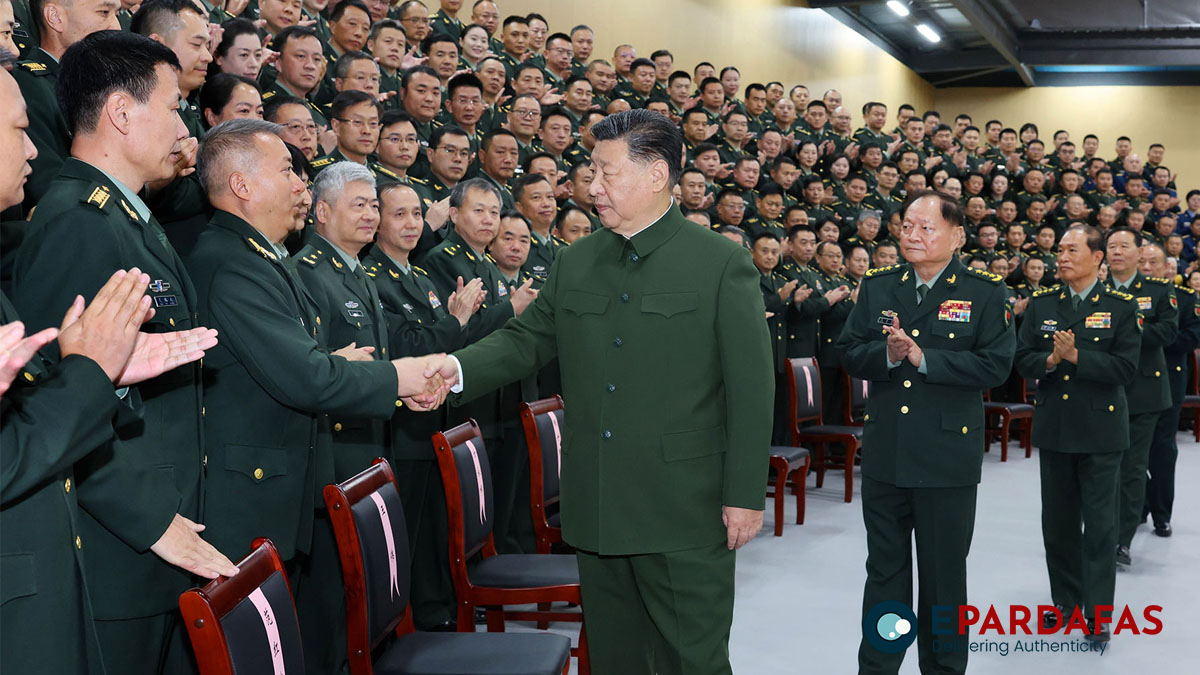
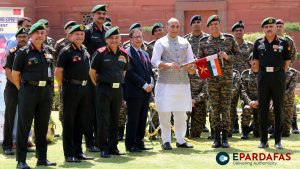
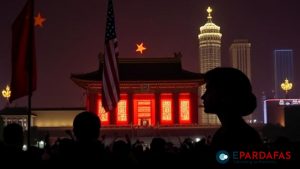
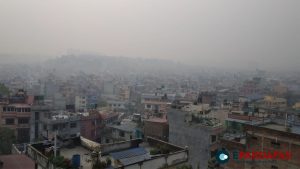
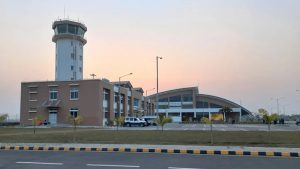
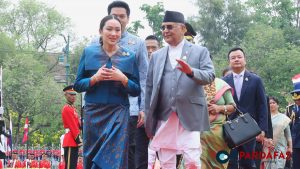
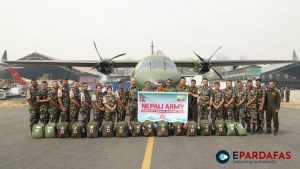
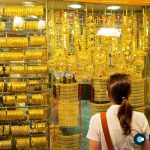
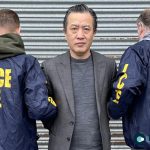
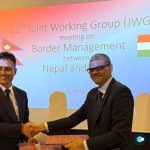
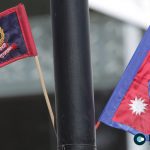
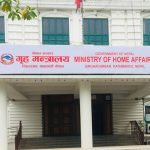
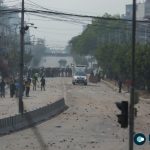
Comments